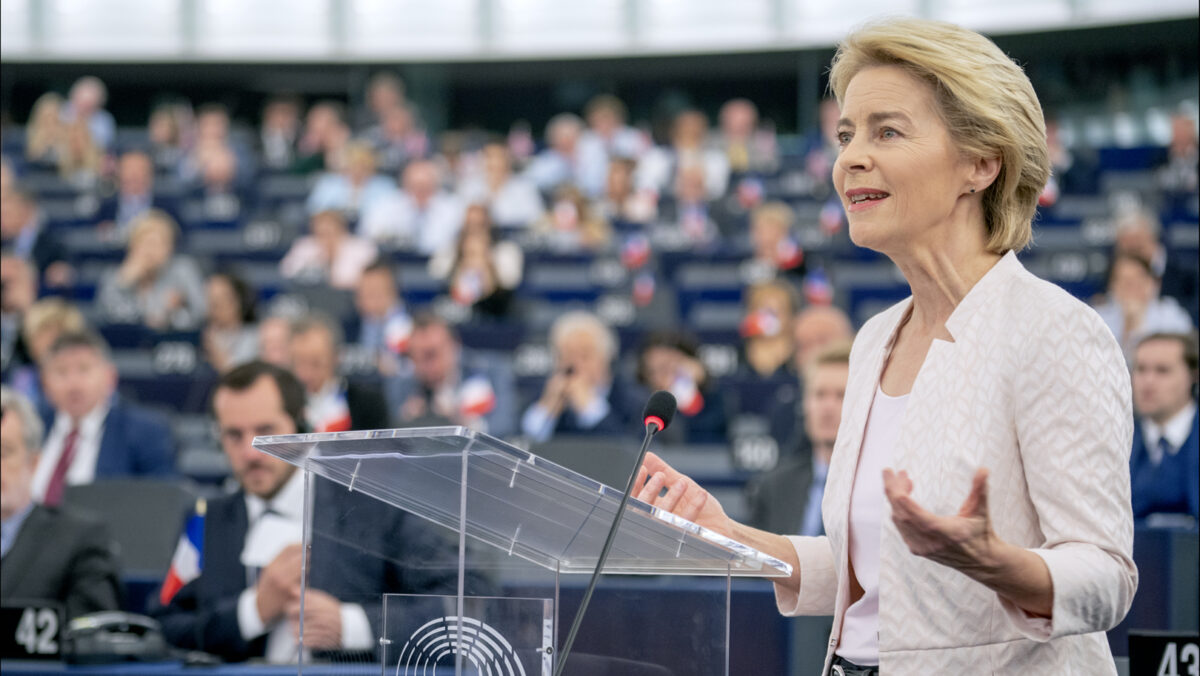From pv magazine Global
Days after a number of European solar associations urged the European Commission to protect the bloc’s PV industry from “unfair” Chinese competition, the president of the European Commission, Ursula von der Leyen, provided a series of statements that appear to indicate that the union is now ready to take a completely new stand toward China when it comes to the energy sector.
“We have not forgotten how China’s unfair trade practices affected our solar industry,” she said. “Many young businesses were pushed out by heavily subsidized Chinese competitors. Pioneering companies had to file for bankruptcy. Promising talents went searching for fortune abroad. This is why fairness in the global economy is so important – because it affects lives and livelihoods.”
Von der Leyen did not say which specific measures might be adopted to avoid market distortions in the PV sector. However, she said that the European Union will not accept that prices will be kept “artificially” low by state subsidies.
“And as we do not accept this from the inside, we do not accept this from the outside,” she said. “So I can announce today that the Commission is launching an anti-subsidy investigation into electric vehicles coming from China.”
SolarPower Europe CEO Walburga Hemetsberger praised the commissioner’s “commitment to critical industry made in Europe.” However, Hemetsberger noted that “this promise must translate into action. Solar project developers face inflation-driven headwinds. Europe’s solar manufacturers are at risk of bankruptcy.”
This content is protected by copyright and may not be reused. If you want to cooperate with us and would like to reuse some of our content, please contact: editors@pv-magazine.com.









By submitting this form you agree to pv magazine using your data for the purposes of publishing your comment.
Your personal data will only be disclosed or otherwise transmitted to third parties for the purposes of spam filtering or if this is necessary for technical maintenance of the website. Any other transfer to third parties will not take place unless this is justified on the basis of applicable data protection regulations or if pv magazine is legally obliged to do so.
You may revoke this consent at any time with effect for the future, in which case your personal data will be deleted immediately. Otherwise, your data will be deleted if pv magazine has processed your request or the purpose of data storage is fulfilled.
Further information on data privacy can be found in our Data Protection Policy.